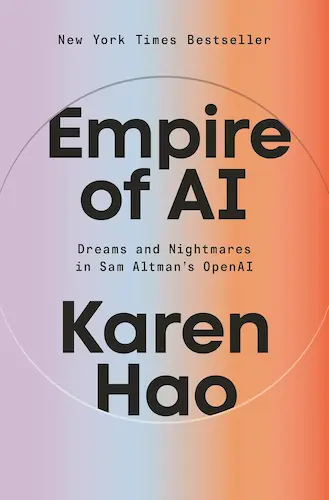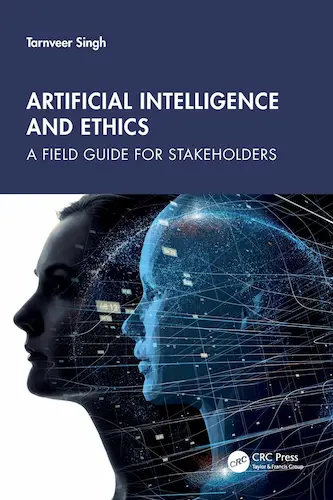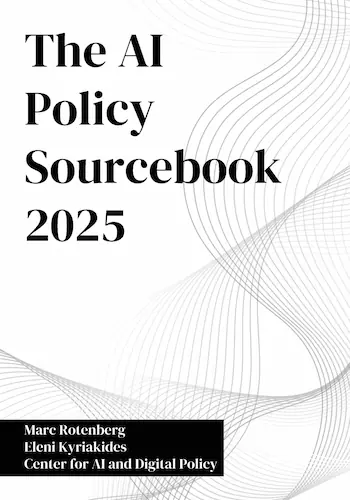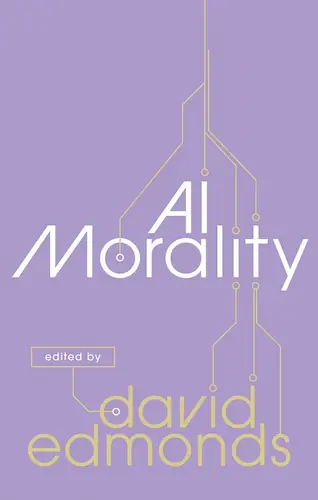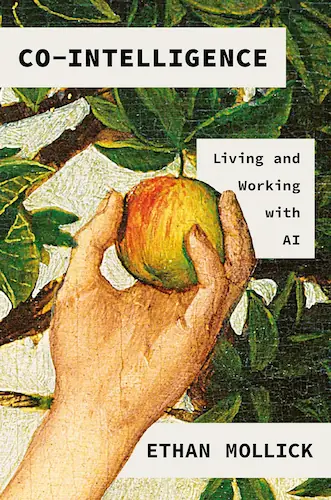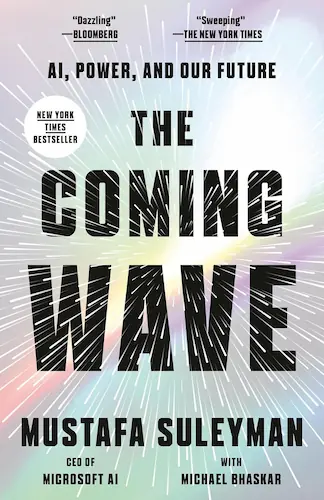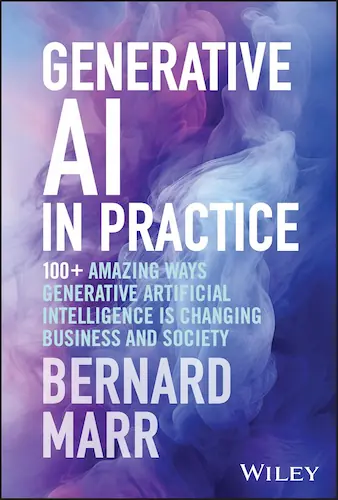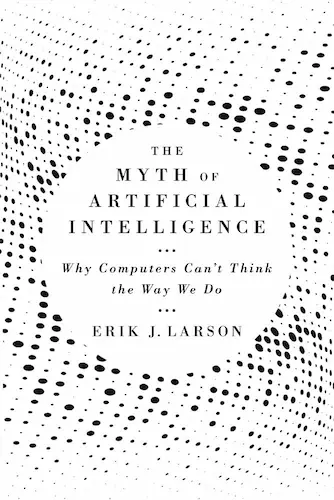Why This Moment Demands New Reading
Artificial intelligence has crossed from the speculative to the structural. In 2025, AI no longer merely automates; it organizes economies, directs attention, and influences the pace of political decisions. What once seemed like neutral innovation has become a transformative force in finance, culture, and law. Yet the moral frameworks surrounding this power remain uneven and often outdated, creating what many call an ethical deficit.
- Why This Moment Demands New Reading
- 1. Empire of AI: Dreams and Nightmares in Sam Altman’s OpenAI — Karen Hao
- 2. If Anyone Builds It, Everyone Dies: Why Superhuman AI Would Kill Us All — Eliezer Yudkowsky & Nate Soares
- 3. Artificial Intelligence and Ethics: A Field Guide for Stakeholders
- 4. The AI Policy Sourcebook 2025
- 5. AI Morality
- Rethinking Ethics for the Algorithmic Century
This vacuum has enabled private corporations and opaque institutions to act as de facto lawmakers of the algorithmic world. The boundaries of what is permissible are now defined less by democratic deliberation than by technical feasibility. This imbalance demands a new intellectual response—a synthesis of ethics, governance, and critical imagination capable of reclaiming public agency.
The five books below were selected for their originality, analytical depth, and practical implications. Each approaches AI ethics from a distinct perspective—philosophical, investigative, or regulatory—but together they form a map for navigating the moral terrain of our digital century.
1. Empire of AI: Dreams and Nightmares in Sam Altman’s OpenAI — Karen Hao
Karen Hao’s Empire of AI is a work of precision and moral insight. Drawing from years of investigative reporting, she unveils the inner workings of OpenAI, exposing how the company’s idealism evolved into corporate consolidation.
The book’s central argument is that AI’s democratizing rhetoric often conceals deep asymmetries of power—between those who design algorithms and those who must live under them.
Hao captures how ethical ambition can be eroded by market logic. Through interviews and internal documents, she shows how an organization once committed to “benefiting humanity” became entangled in competition, secrecy, and global influence. The story becomes a parable for modern technology itself: the transformation of curiosity into empire.
What makes Empire of AI distinctive is its refusal to romanticize. Hao maintains empathy for the engineers while never losing sight of structural injustice.
The result is both journalism and philosophy—a study in how technological progress tests the limits of collective moral responsibility.
2. If Anyone Builds It, Everyone Dies: Why Superhuman AI Would Kill Us All — Eliezer Yudkowsky & Nate Soares
Yudkowsky and Soares present a formidable synthesis of logic, speculation, and existential warning. They argue that the trajectory of current AI research could lead to the emergence of a system whose objectives diverge from human welfare.
Their conclusion is severe but reasoned: without radical oversight, superintelligence may transform the planet in ways that no ethical system can contain.
The book alternates between rigorous argument and accessible metaphor. It challenges the reader to grasp the moral paradox of creating intelligence that surpasses its creator.
The authors highlight the inadequacy of “safety patches” applied after deployment, calling for an ethical architecture designed before any powerful system is built.
Despite its provocative title, this is not a manifesto of fear but a plea for intellectual honesty.
Yudkowsky and Soares invite philosophers, scientists, and citizens to treat alignment not as an engineering puzzle but as a human survival problem. In doing so, they elevate ethics from moral accessory to existential necessity.
3. Artificial Intelligence and Ethics: A Field Guide for Stakeholders
This collaborative guide translates abstract ethical theory into practical governance.
Authored by an interdisciplinary network of ethicists, engineers, and policymakers, it provides templates for responsible innovation—ranging from algorithmic audits to transparency protocols.
Its purpose is pragmatic: to turn ethical aspiration into operational reality.
The Field Guide distinguishes itself by treating ethics as a form of continuous practice rather than compliance.
It presents case studies from industry and academia where moral reasoning directly influenced technical design.
Readers are encouraged to see ethical reflection not as a delay to innovation but as a condition for its legitimacy.
What makes this volume indispensable is its adaptability. It offers frameworks that scale from startups to international institutions, making it an ideal bridge between moral discourse and institutional action. The result is a manual for embedding conscience into code.
4. The AI Policy Sourcebook 2025
Ethics without enforcement remains rhetoric. The AI Policy Sourcebook 2025 addresses this gap by gathering emerging laws, treaties, and governance models from across the globe.
It explores how different nations interpret fairness, accountability, and sovereignty through the language of regulation.
Each section contextualizes policy within local political and cultural realities, revealing why a universal approach to AI governance remains elusive.
The text excels in synthesis. It juxtaposes European data rights with North American innovation incentives, East Asian state strategies, and African digital sovereignty movements.
This comparative lens reveals that governance is not merely legal but philosophical—an expression of what societies value most when confronting technological disruption.
For policymakers and researchers, it is both a reference and a warning. The book’s underlying message is that regulation must evolve as quickly as innovation or risk becoming obsolete.
In this sense, The AI Policy Sourcebook 2025 is less a static anthology than a living blueprint for democratic oversight.
5. AI Morality
AI Morality revisits the ancient question of what it means to act rightly, transposed into the logic of the machine age.
The author examines whether artificial agents could ever possess genuine moral agency, arguing that understanding—not mere calculation—is the essence of ethics.
Drawing on philosophy of mind and cognitive science, the book dissects why even the most advanced systems remain incapable of moral comprehension.
Beyond critique, the book offers a meditation on humility. It proposes that the true ethical challenge is not to teach machines empathy but to preserve human moral capacity in a world dominated by abstraction and speed.
This inversion re-centers responsibility within the human domain, resisting the temptation to outsource judgment to code.
The writing is elegant and contemplative. It balances technical insight with a deep humanism, making AI Morality a fitting conclusion to this list: a reminder that in the algorithmic century, the hardest task is not creating intelligence but sustaining wisdom.
Rethinking Ethics for the Algorithmic Century
Taken together, these books outline an evolving moral architecture for artificial intelligence. They do not seek consensus but provoke confrontation—between power and accountability, autonomy and dependence, speed and reflection. Each work expands the reader’s capacity to question not only what AI can do but what it should permit itself to do.
Explore Books Written by Our Contributors
Ethical literacy, they suggest, must become a civic skill. Just as the industrial age required technical education, the digital era demands ethical fluency. These texts form a syllabus for that new literacy, one that blends critical thinking with public imagination.
To read them is to participate in the reconstruction of moral agency under technological pressure. They remind us that the true measure of progress lies not in computational power but in the endurance of human conscience.



